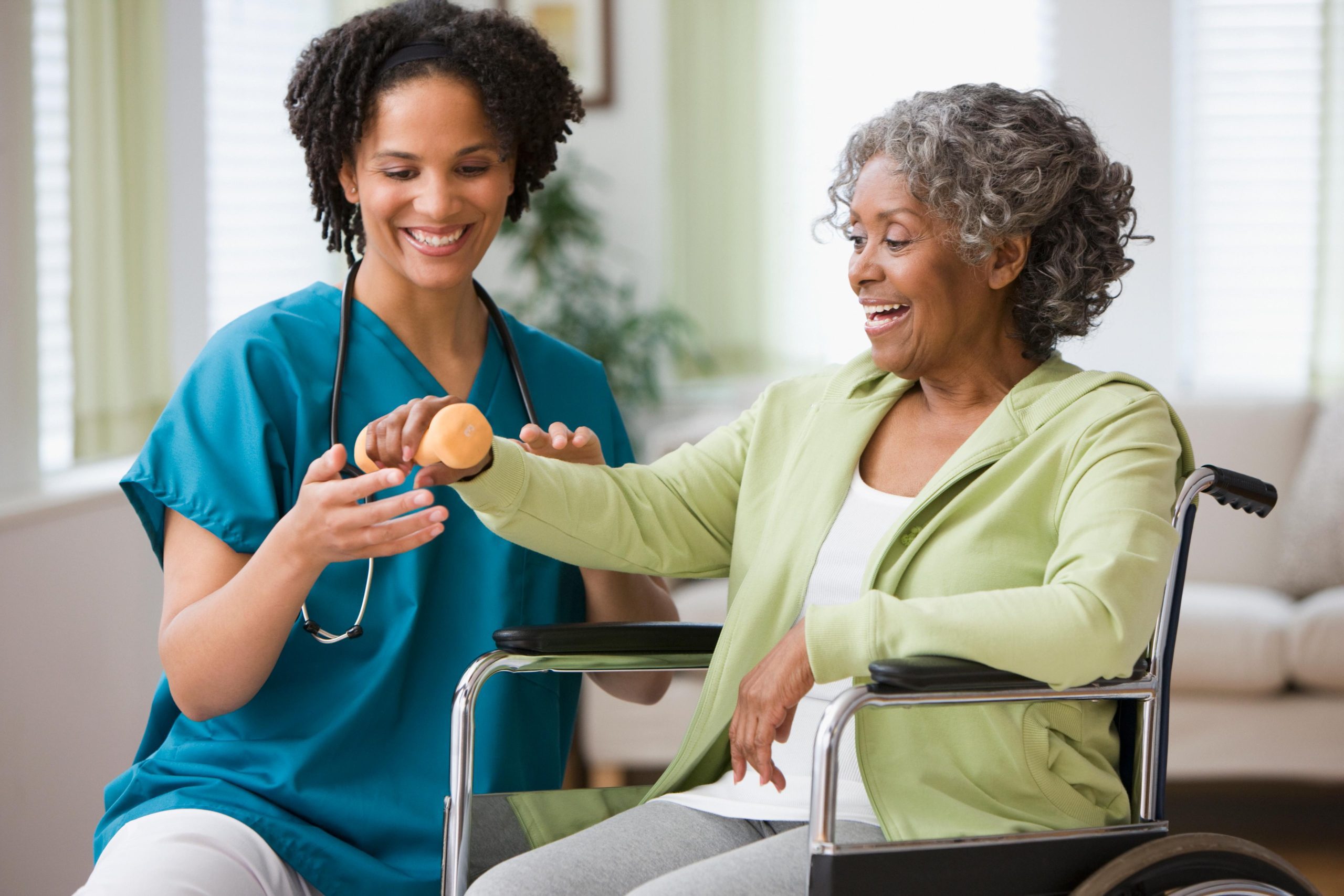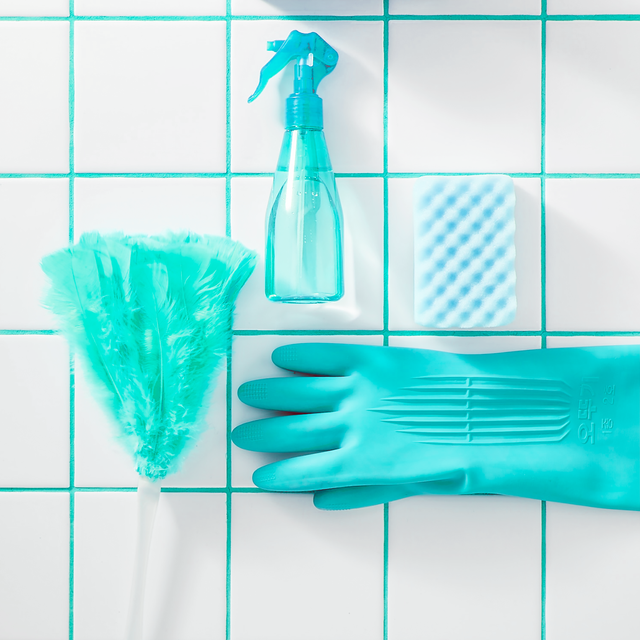Your heart and blood vessels are responsible for delivering oxygen and nutrients throughout the body, while your blood pressure is a barometer of how healthy your overall circulatory system is. Do you know that heart disease, stroke, and chronic kidney disease are common in many older Americans? As hypertension, also known as high blood pressure, is a major health risk, it can lead to heart disease, stroke, and chronic liver disease.
With simple lifestyle changes, including increasing physical activity and recommending healthy, balanced meals, you can help the elderly take ownership of their blood pressure by promoting healthy, balanced eating. Ask if he or she lives in an assisted living community if exercise programs are available or if restaurant meals are low in sodium. Adopting a healthier lifestyle can lower blood pressure, though prescription medicines do too.
The recommended target blood pressure varies with age.
Age often regresses blood pressure, but experts agree that lower readings are better for health. Systolic blood pressure is the top number, which measures how strongly the heart contracts and squeezes out blood. Diastolic blood pressure is the bottom number, which measures how strongly the heart stretches when filling with blood.
The Normal Range of Blood Pressure in Elderly Males and Females
The American College of Cardiology’s (ACC) and the American Heart Association’s (AHA) blood pressure recommendations for older adults differ. The ACC and AHA updated their guidelines to advice men and women who are 65 or older target blood pressure below 130/80 mm Hg.
|
Blood Pressure Category for Adults 65+ |
Systolic mm Hg |
Diastolic mm Hg |
| Low blood pressure | 90 or lower | 60 or lower |
| Normal blood pressure | Lower than 120 | Lower than 80 |
| Elevated blood pressure | 120 – 129 | Lower than 80 |
| High blood pressure stage 1 | 130 – 139 | 80 – 89 |
| High blood pressure stage 2 | 140 or higher | 90 or higher |
| High blood pressure crisis — see your doctor immediately | 180 or higher | 120 or higher |
Lifestyle changes that improve blood pressure for older adults that have elevated blood pressure, but is less than 130/80 mm Hg, such as increased physical activity, exercising on a regular basis, and eating a heart-healthy diet that is lower in salt, and limiting alcohol can help.
New recommendations from the American College of Cardiology and American Heart Association recommend that older adults whose blood pressure is 130/80 mm Hg or higher receive medication.
As a result, the aging population’s risk of heart disease is lowered. However, your aging parent’s doctor will assess their general health and monitor any other factors before determining the most effective measure to reduce it.
Due to the fact that blood pressure tends to rise with age, some medical societies argue that treating older adults with high blood pressure is as ineffective as not at all. Generally, older adults should aim to have lower blood pressure, but readings of 90/60 or under are considered to be very low (hypotension). Such readings will result in decreased ability to function and a greater inclination to fall.
Is it because blood pressure increases as we get older?
It is unknown completely why blood pressure rises as we age. Human blood pressure is the force released when blood goes through our arteries. Our arteries are prone to narrowing and becoming stiff as we age. Increased blood pressure can cause damage to the arteries and to the heart itself in narrow arteries.
A patient’s high blood pressure can also be caused by her lifestyle, the environment, her medications, or ailments including sleep apnea, kidney disease, and thyroid problems.
Know the signs and symptoms of fluctuating blood pressure among the elderly
Please remember that as you monitor the blood pressure of someone near you, the readings may fluctuate more or less throughout the day. Your blood pressure reading may be affected by several factors. It’s possible to have normal blood pressure in the morning, and an elevated number by the afternoon if you are stressed. For example, your blood pressure could be lower while you’re resting, and higher when you’re stressed.
If you’re worried about excessive variation in your loved one’s blood pressure numbers:
- The way you measure your loved one’s blood pressure can vary drastically, which is why you should follow the instructions on the machine.
- Your doctor can compare your readings from the monitor at your next appointment.
- White coat hypertension is when an individual’s blood pressure is elevated at a doctor’s office but not at home. This is the result of the man’s stress during a doctor’s appointment.
The doctor may ask you to keep a blood pressure diary for a couple of weeks by taking multiple readings a day. This way any variations in blood pressure can be monitored.
Healthy Blood Pressure for Older Adults
The easiest way to maintain a healthy blood pressure is through lifestyle changes:
- Fitness. National guidelines recommend adults of all ages work out at least 150 minutes a week. People with mobility issues and those with health conditions should try to be physically active as much as possible. When weight loss is achieved, blood pressure drops by 1 mm Hg per every 2 pounds lost.
- Keep salt intake under 2,300 milligrams per day. The DASH diet weight management plan is a healthy eating plan rich in fruits, vegetables, whole grains, poultry, fish, low-fat dairy foods and a low salt diet.
- Don’t drink alcohol. It can raise your blood pressure. If your loved one wants alcohol, limit their drinking to up to one glass a day for women and up to two glasses a day for men.
- If you smoke, ask your doctor how to help them quit. Tobacco damages the walls of your arteries. If you or someone you love smokes, talk to their doctor about how to stop.
- Managing stress is as easy as practicing relaxation techniques, such as deep breathing exercises or meditation.
The evidence suggests diet and lifestyle changes are insufficient for lowering a person’s blood pressure in some cases. They may have difficulty changing their behaviors, or their hypertension may be too severe to be treated by diet and exercise alone.
Treatments for high blood pressure include several kinds of medications. Ask your loved one’s doctor about lifestyle changes, diet, and medication that may help improve their blood pressure.







